What happens if you have vulvar cancer?
Cancer of the Vulva
Who is at risk for cancer of the vulva?
Usually women with cancer of the vulva fall into the 60 to 80 year old age group, though it can occur in premenopausal women. It is a fairly uncommon disease. Vulvular cancer which has not metastasized to other parts of the body is highly curable.What are some of the symptoms?
Common symptoms include itching, burning, pain, and bleeding. A Pap smear and a biopsy are necessary to help diagnose whether these symptoms indicate cancer or whether an infection is present which may be causing the same symptoms.How is a biopsy taken in the vulvular area?
The doctor will give a simple injection of local anesthetic. A small dermatologic punch is usually used to obtain a biopsy. The procedure is simple and almost painless. The doctor may use a colposcope in his routine checking of a suspicious growth in this area. This allows him to have a photographic recording of the site for future reference.What are the doctor's considerations in deciding how to treat cancer of the vulva?
The physician must tailor treatment to the individual patient. He considers the size of the growth, whether it has spread from the original site, whether radical surgery is practical for the patient on the basis of her age and health, or whether radiotherapy is feasible.What is leukoplakia of the vulva?
Leukoplakia is not a cancerous condition, though it may be a precancerous condition. Leukoplakia can appear in various parts of the body with mucous membrane lining such as the inside of the mouth, the anal region, and the genital areas. It is characterized by moist white patches that are raised and may contain grooves or clefts and have sharply defined edges. In the vulva, leukoplakia can cause itching. Because it can progress through the formation of fissures to a cancerous condition, it should be watched carefully by the physician and removed surgically if it does not disappear.What operations are performed for leukoplakia of the vulva?
If a biopsy indicates leukoplakia (a condition which usually causes intense itching), a simple vulvectomy may be performed.What is a simple vulvectomy?
This operation includes the removal of the skin of the major and minor lips of the vulva and the clitoris. New skin will grow in the area to replace the skin removed by the surgery, or skin may be grafted. X-ray treatments may be given in conjunction with the surgery.What is a radical vulvectomy?
This operation is performed when the biopsy shows that cancer has invaded the skin of the vulva. The operation includes the removal of the vaginal lips, clitoris, skin surrounding the vulva, and the lymph glands. Separate incisions are usually made in both groins to remove lymph glands.Can cancer of the vulva be treated with radiation?
Yes. However, surgery is the preferred treatment, since tissues in the area are sensitive to radiation. The radiation is uncomfortable, and the area is difficult to treat with radiation. Radiotherapy is sometimes used prior to or following the operation.Are any other treatments used for cancer of the vulva?
Surgery is the preferred method of treatment, as indicated by the excellent survival rates when this method is followed as high as 85 to 95 percent, even in Stage II disease. However, if the cancer has metastasized beyond the regional lymph nodes, radiation therapy is usually used.In early cancer of the vulva, can a chemotherapeutic ointment be used instead of surgery?
The use of topical fluorouracil (a chemotherapeutic ointment) is not the recommended first choice for stage (in situ) cancer of the vulva. Surgical removal of the skin of the vulva, with or without grafting, is usually the preferred treatment. Depending on the extent of the disease, in selected circumstances, wide local surgery or laser beam therapy is used. These treatments are recommended only for stage or in situ cancers of the vulva.What type of anesthesia is used for a vulvectomy?
Usually a general anesthesia or a spinal.How long must the patient remain in bed after a vulvectomy?
Usually the patient will remain in bed for 2 days, depending on the extent of the surgery.Are there any complications that one should be alerted to following vulvectomy?
In a radical vulvectomy, because of the removal of a large number of lymph nodes, fluid collects under the skin and may be a problem for quite some time following the operation until other lymph channels have become established. It is extremely important for the patient to start on deep breathing, coughing, and leg exercises immediately after surgery to reduce the possibility of complications such as infections, pneumonia, leg edema, or lung problems. Usually, the doctor will leave orders for the patient to be turned frequently, and for pillows to be placed so as to lessen tension on the incision. Frequent irrigations with sterile saline solution, heat lamp treatments, and sitz baths may be used to promote healing of the wound.Can a woman become pregnant after having a vulvectomy?
Yes, a patient who has had a vulvectomy can become pregnant. Delivery might be a problem, and a cesarean section would probably be done. However, since most ofthe people who require this operation are in the older age group, the problem does not arise often.Is sexual intercourse possible after vulvectomy?
Yes, intercourse is still possible, because the vagina is still present. You may have to change position or technique. For example, the woman may have to keep her thighs close together to lengthen the distance from the vaginal cavity so that although the penetration is not as deep, it can still be satisfying.Removal of the vulva may cause the remaining vaginal tissues to become tight making intercourse and physical examination difficult. Intercourse and/or stretching of your vagina right after the operation is important to make sure that the tissues will remain supple and elastic. Check with your surgeon to determine if your clitoris was removed during surgery. Loss of your clitoris does not mean that you will no longer be able to experience orgasm. With an open, understanding relationship between you and your partner, and the guidance of an interested and informed health care provider (nurse, counselor, physician, sex therapist), you can become orgasmic through stimulation of your nipples, the inner parts of your thighs, and virtually any other part of your body. Most important is whether or not the two people care enough about each other to work at finding new ways to satisfy each other.

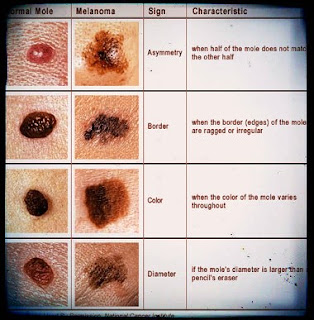
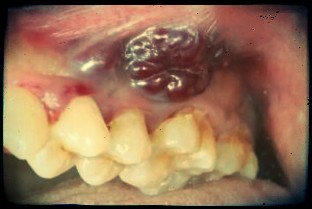
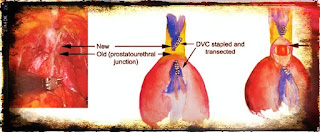
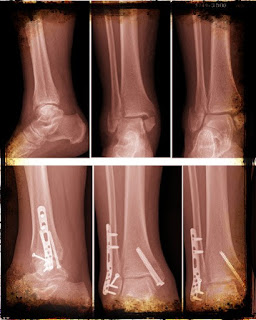
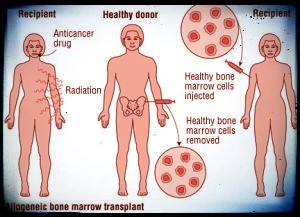


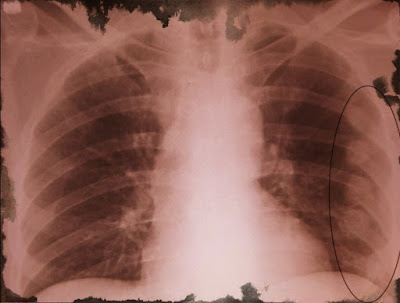


Comments
Post a Comment